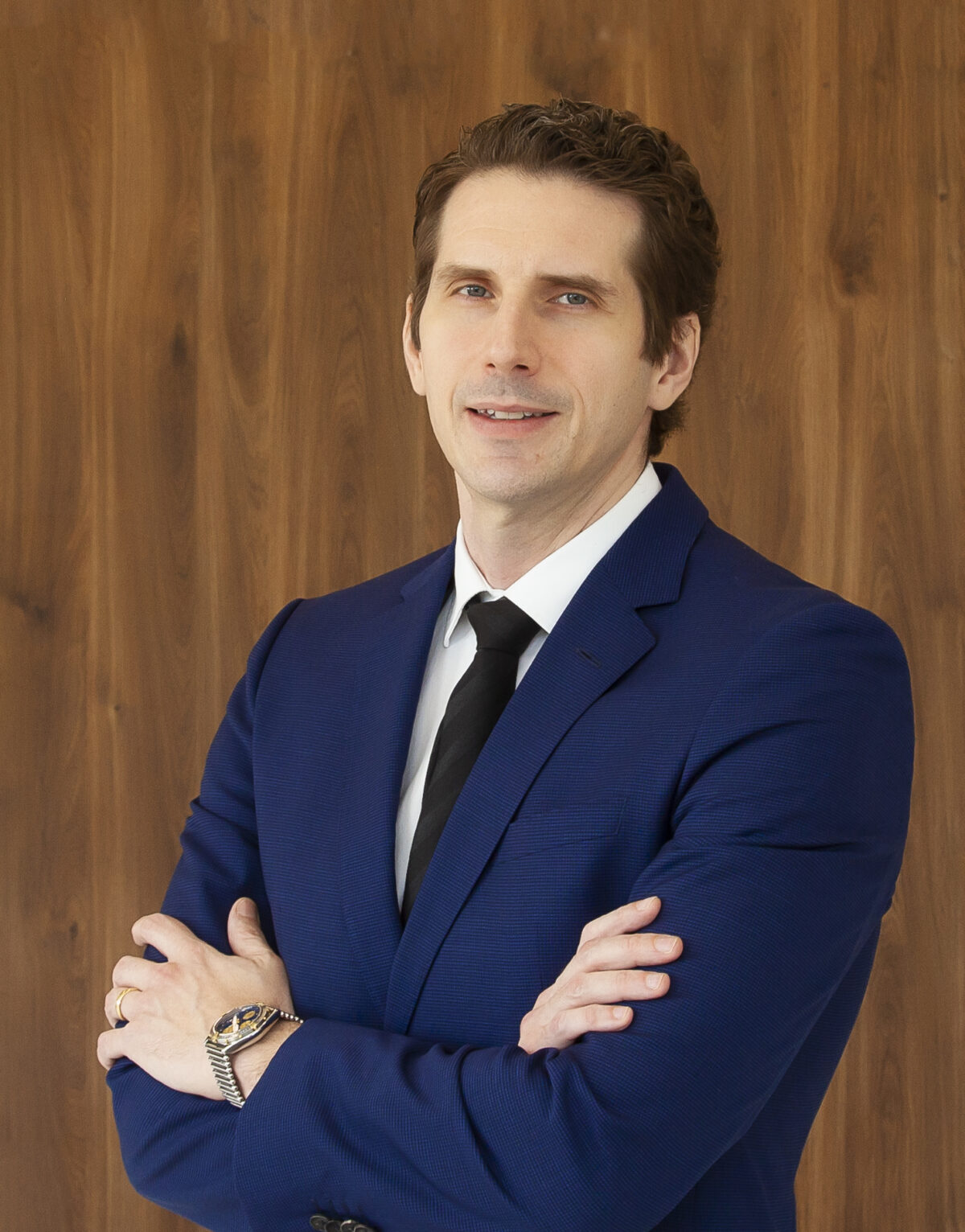It is not enough for the company to be a sales and revenue leader if consumers, employees and partners do not recognize the brand as responsible from a social, environmental, cultural and sports point of view
We spoke with Ricardo Vian Marques, General Manager of Galenika, about corporate social responsibility and the future of that concept.

Mr Marques, you come from the EMS, the largest pharmaceutical company in Brasil which operates under NC Group (Grupo NC), one of the largest conglomerates in Brasil with a worldwide presence. Could you tell us something about the CSR concept from the perspective of a global company?
Over the past two decades, Corporate Social Responsibility (CSR) has blossomed as an idea and evolved at the top of the agenda of leaders in the corporate world. CSR, once a do-gooder sideshow, is now seen as mainstream. Big firms nowadays are expected to be good citizens, and they all want to show that they are. The concept of CSR became a must, a natural obligation.
Why a must? For a number of reasons! Today, society, in general, has higher expectations from businesses taking on public responsibilities than in previous decades. More than ever, companies are being watched. Embarrassing corporate news anywhere in the world can be captured on camera and published everywhere in an instant, thanks to the Internet and social media. In addition, concern over the negative effects of climate change has grown. The great green awakening is making company after company take a serious look at its own impact on the environment. Finally, firms are facing strong demand for enhanced CSR from their employees. Companies are forced to act positively to attract, motivate and retain superior staff. Put simply, people want to work for a company with which they can share common values.
How important is the responsible way of doing business for EMS?
As a leader of the pharmaceutical market in Brasil for 16 consecutive years, and as a company whose products are exported to 55 countries around the world, a responsible way of doing business is one of the pillars that move the trajectory of EMS. It is not enough for the company to be a leader in sales and revenue if consumers, employees, partners and health professionals do not recognize the brand as responsible from a social, environmental, cultural and sports point of view. To illustrate, EMS is the first private company to enter into a partnership with the World Health Organization (WHO) to work towards the eradication, globally, of yaws, a chronic and debilitating bacterial skin infection, considered a neglected tropical disease. In that regard, EMS is expected to donate a total of 153 million azithromycin tablets to eradicate the disease by 2030 in 15 countries that have yaws endemic areas. In other words – EMS‘s mission is to care for people, by offering a wide range of quality medicines and promoting access to health.
CSR always has to reflect the needs of local communities and markets
As the General Manager of Galenika, do you think that a global CSR strategy could be applied by simply copying and pasting global ex periences or does it need to be customized locally?
CSR always has to reflect the needs of local communities and markets. The local company should have some kind of globally adopted guidelines which can serve as a starting point and be further adapted to the local needs. In the case of Galenika, we adopted NC Group’s Code of Conduct, but we adjusted our CSR approach to local circumstances due to different cultural and market environments in Serbia. In that regard, we have done a lot in the past four years through implementing projects related to health prevention, enhancement of quality of production, reduction of CO2 emission, environment protection, support of cultural projects and donations to medical institutions.
What is the future of the CSR concept in business?
I see the future of corporate social responsibility in three main areas. The first is making businesses greener and boosting the renewable energy perspective to create an eco-friendly environment. The second is focus to health prevention. The ultimate goal of raising awareness about health prevention is supporting people to behave responsibly toward themselves and their own health to build sustainable habits and make healthier choices. The third is bringing creativity and innovation into business.
If approached strategically, CSR can become part of the acknowledged methodology for reinforcing the economic growth of the world’s economy and fostering sustained development of society in global.